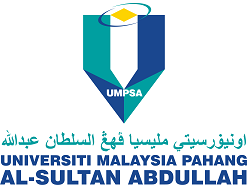Designing an e-Portfolio Framework for Academic Writing of Second Language Learners
DOI:
https://doi.org/10.15282/ijleal.v9.2065Keywords:
Academic writing, Assessment, Constructivism, e-Portfolio, Process writingAbstract
Technology has transformed assessment by multiplying the methods as well as resources that can be used to measure learning. One such transformation is the e-Portfolio, an innovative tool that catalyses the sharing of work and the inclusion of digital evidences. The use of e-Portfolio to assess academic writing among undergraduate students in Malaysia provides enhanced testing and learning opportunities. This study therefore aims to design an e-Portfolio framework that aligns with the current aspirations for higher education in Malaysia, paving the way to a more contextualised and sustainable form of assessment for English Language courses. To design the framework, relevant concepts, models and frameworks in the past studies, ranging from the year 2000-2018 were reviewed. Relevance was determined based on application in higher education and in the ESL context. The data were imported to NVivo 12, and content analysis was employed as the primary method of data analysis. Using an inductive approach, concepts and theories regarding assessment, academic writing, and learning were merged to form the e-Portfolio framework. Based on the analysis, the proposed e-Portfolio framework has footing in assessment theory for learning, process writing approach, and the theory of constructivism. This framework prescribes that by using the e-Portfolio as an assessment, instructor and peer feedback can be better communicated, revision can be easily done, and a wide range of authentic and multimedia resources can be included. Overall, this leads to an improved emphasis on learner involvement and progress when being assessed.



